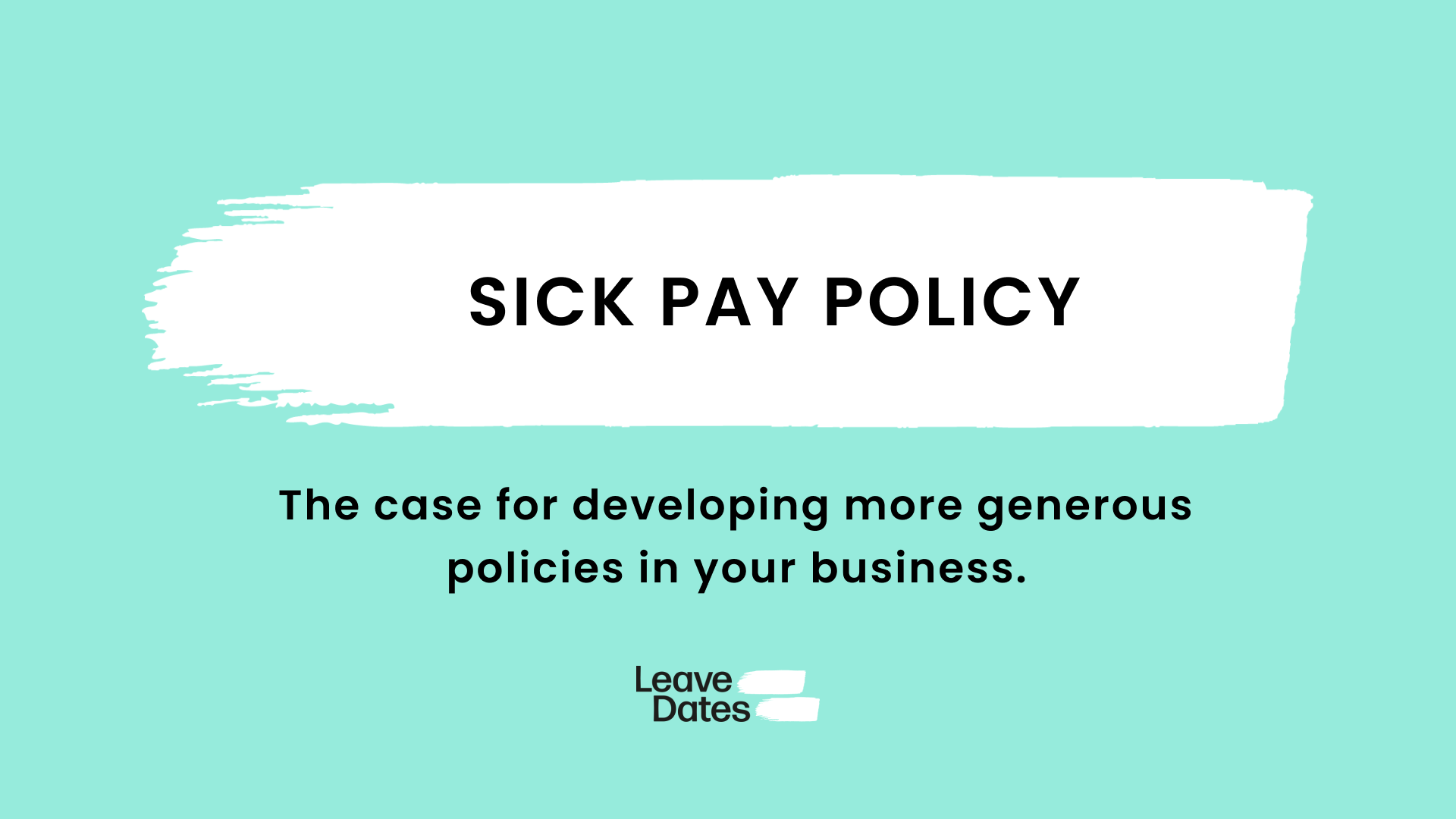
The new Employment Rights Bill 2024 is currently on its (rather slow) plod through parliament. With changes due to come into effect by 2026, this is effectively a workers’ rights bill, bringing several key improvements to the employment landscape generally in the UK.
In this article, we tell you everything you need to know about what’s coming, what you need to do to prepare and what benefits you can expect to see from what we think are some really positive changes.
Table of Contents
- So, what's new?
- Protections
- Leave eligibility
- Flexible working
- Parental rights
- So, is it good news?
- Key takeaways
So what’s new?
A lot of the changes are things that have been talked about, or practices and benefits informally applied by more progressive and forward-looking companies, for a while. Broadly speaking, they encompass more workers’ rights and protections re: leave, dismissal, discrimination and flexible working.
The bill is pretty lengthy, and you can get the Employment Rights Bill 2024 fact sheet here, but we’ll run through the top line changes for you here, grouped by theme.
Protections
One of the new protections is from unfair dismissal. We’ve talked before about short-service dismissal, which limits possible claims of unfair dismissal for the first two years of employment. The Bill will remove the unfair dismissal qualifying period, which basically means short-service dismissal – where you don’t have to go through quite the same level of process to let someone go – won’t be an option anymore. It’s likely to be replaced with a statutory probation period of approx. 9 months .
For employers, this means a bit more pressure in your recruitment and onboarding processes. You’ll really want to get those hiring decisions right first time and embed new team members in your culture from day dot, because it won’t be as easy to change your mind. This is good practice though, and can make your team stronger overall if you rise to the challenge. Unsuccessful hires are a sunk cost that you want to avoid anyway, and this should help you do so.
In a similar vein, there (should) be no more ‘fire and re-hire’. The Bill adds further limits on when and how an employer is able to ‘fire and rehire’ (or replace) its workforce, with a new framework for ‘collective redundancy consultations’. A popular cost-cutting measure during Covid, ‘fire and rehire’ was often used as a sneaky way to force a new contract onto employees – with less favourable terms that they wouldn’t otherwise agree to.
It’s basically saying, ‘like it or lump it’. Aside from undermining workers’ rights and the value of employment contracts, it’s not a great way to build a strong relationship with your staff. It exploits the power imbalance between employer and employee and compels people to make a non-choice between worse conditions or no job. Not great for morale.
Other protections include what seems to be the effective banning of zero-hours contracts, as employers must offer guaranteed hours, and revisions to employment discrimination laws. Employers will have a greater duty to protect staff from sexual harassment, and large companies (250+ staff) will have to have an ‘equality action plan’, setting out how they intend to tackle the gender pay gap and support staff through menopause, for example.
Leave eligibility
There are a few bits of news on the leave front. Low-income earners will be eligible for statutory sick pay, meaning they will actually be able to take sick leave in practice, rather than just in theory (or in desperation). This is a big positive, as presenteeism helps no one and is both physically and culturally unhealthy in the workplace.
Bereavement leave will also be extended to cover more people and types of relationships, a welcome recognition of the shift in family dynamics and setups in the modern UK. There are changes to parental leave too, which we’ll explain below.
All of these changes should require only updates to leave policies on the part of employers, and aside from awareness-raising to ensure uptake, should have only positive impact for employers.
Flexible working
This is a biggie. And a goodie! You’ll know by now that Leave Dates are big fans of flexible working as the norm, when the business model/industry allows for it. The new Bill makes flex arrangements available from day one, and staff can request these twice a year. Importantly, these requests won’t just be lip service – there are just 8 statutory reasons employers can deny a flexible work request. If you want to say no, you’ll need to explain, in writing, why it’s reasonable for you to do so.
For employers, this means that if you don’t already have plans in place for how flexible working can be applied in different roles, teams and departments, you should be thinking about it now. There may be barriers to overcome, so the sooner you start thinking about how this can be done, the better.
As we’ve mentioned in previous posts, flexible employers are (increasingly) attractive employers, so while this may initially be a hassle in some industries, we really think the train is moving irreversibly in this direction. So it’s better to get on board and be ready!
Parental rights
Parental rights are also being strengthened, made a ‘day one’ right. This will mean paternity and unpaid parental leave can be taken straight away, with no minimum employment term. Paternity leave can also be taken after shared parental leave.
Statutory maternity pay will also become a day one right, so if you offer an enhanced maternity package you might want to take a look at the qualifying service period for that and ensure your policy is clear if this will differ from SMP. Pregnant women will also be protected from dismissal during their return to work, or for six months after. This is part of a big effort to make the transition back to work easier for mothers specifically, and parents generally, which, if effective, should help to reduce the ‘motherhood penalty’ and gender pay gap by making work more viable.

So, is it good news?
As well as important rights and protections, the Bill seems to mark a shift in attitude too, moving away from a culture of blame and shame and instead focusing on positive steps that provide the support people need to get back into work. We hope to see this enshrined in the promised Fair Work Agency (FWA).
It’s also an attitude that employers should embrace and share – good relationships are always based on understanding and respect, and a quest for mutual value creation. While we are yet to see what support will be in place for employers to help them assess and action any changes that might be needed to ensure compliance, but we’ll assume that’s coming in secondary legislation to follow.
Key takeaways
The plan is to ‘get Britain working’ and to ‘make work pay’ through labour market reforms. We think it’s a hugely positive step forward in reshaping the employment landscape and relationships for a new generation. A lot of the headline changes are things we’ve talked about before and that we see in place already with many of our clients.
Respect for workers’ rights should be at the heart – we need to recognise and treat employees as people, not work horses. This means seeing work as one part of a holistic life and, as employers, doing everything we can to make work a positive force and feature of that person’s life, adding and not taking away from their wellbeing.
While of course it’s not law until it’s law, and it’s all subject to change until that happens, we think things are looking pretty good and we’re excited to see what the future holds!
The information on this site is general and may not apply to specific circumstances. It should not be considered legal advice. We strive to provide accurate information but cannot guarantee its accuracy. We are not responsible for any losses resulting from reliance on the information on this site.



